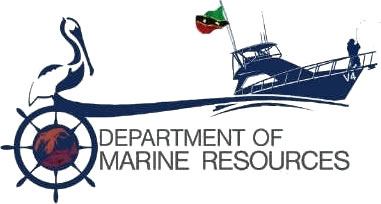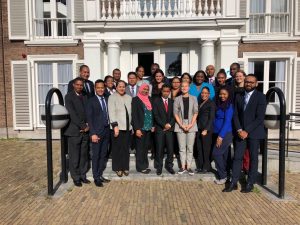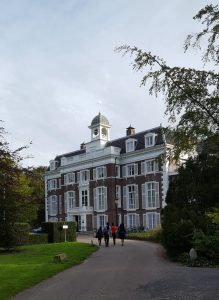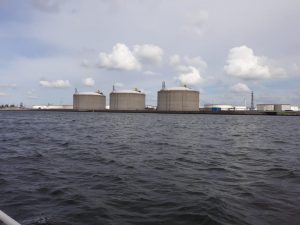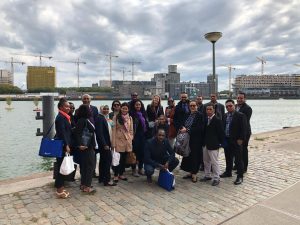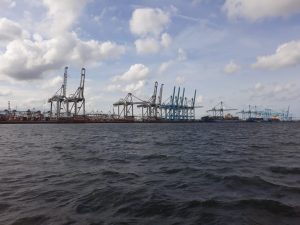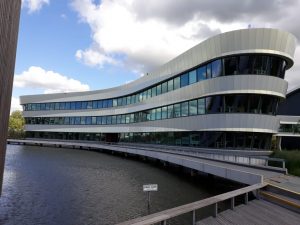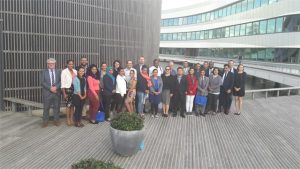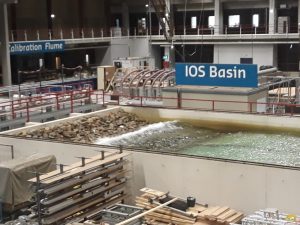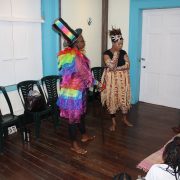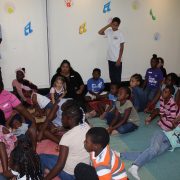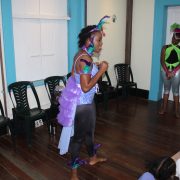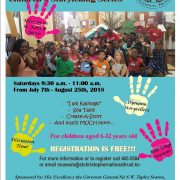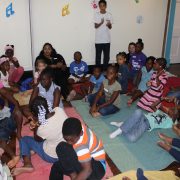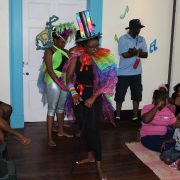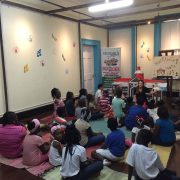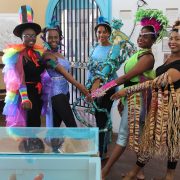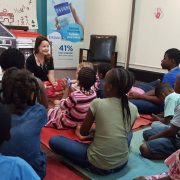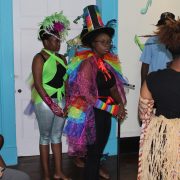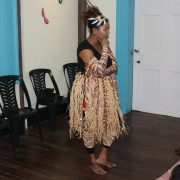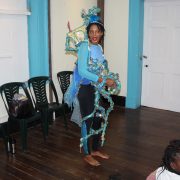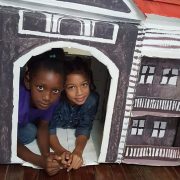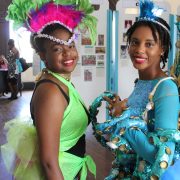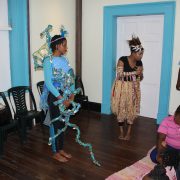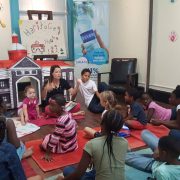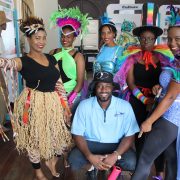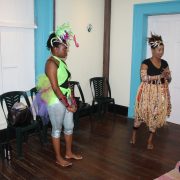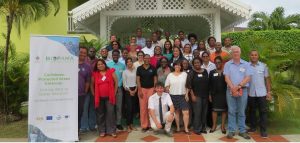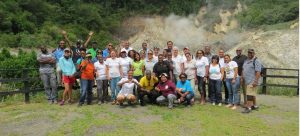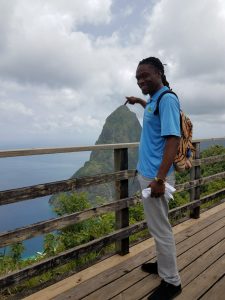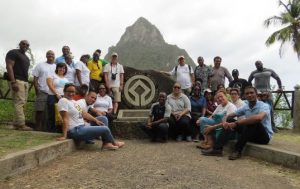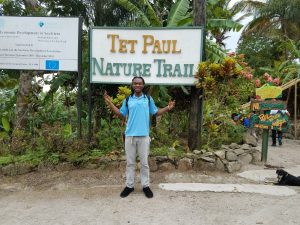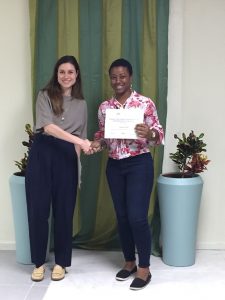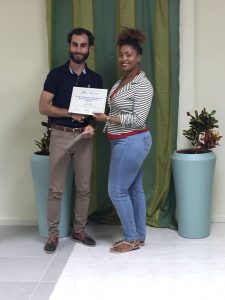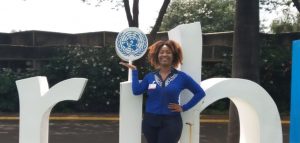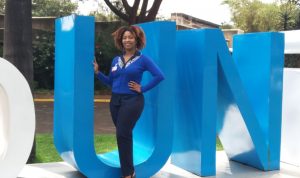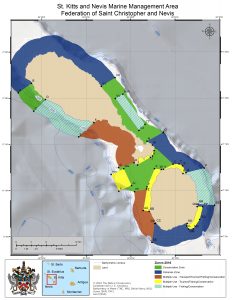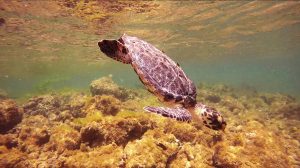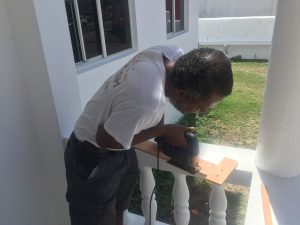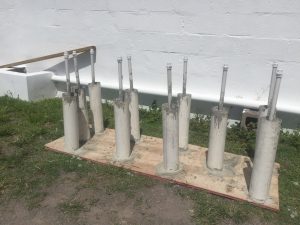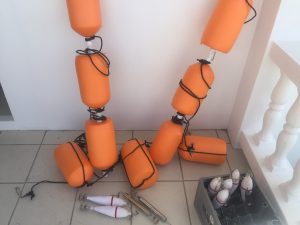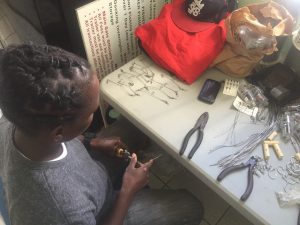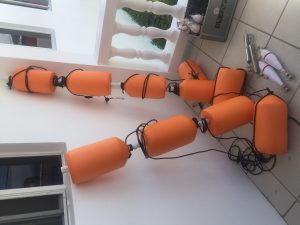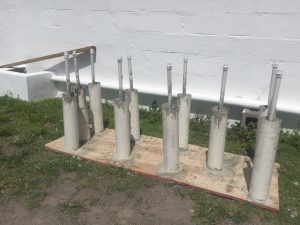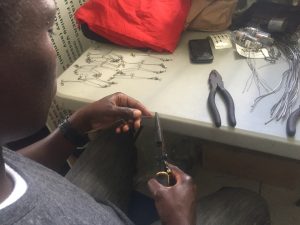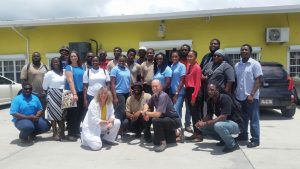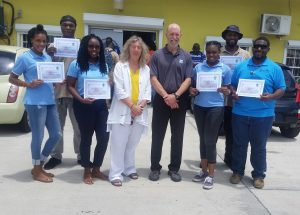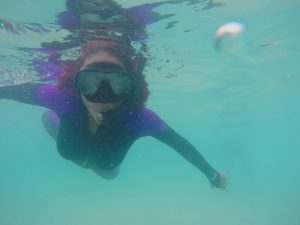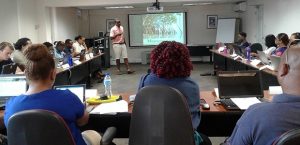WiMAC MAKING WAVES
Women in Maritime Association Caribbean (WiMAC) Conference held in October 16th -19th, 2018, in Belize City hosted by the Belize Maritime Authority and International Merchant Marine Registry of Belize Facilitated by the International Maritime Organization. The conference’s theme was “Charting the Course for Generations of Women”. The representatives from St. Kitts and Nevis were Tricia Greaux-Department of Marine Resources and Tamica Lawrence- Ministry of Tourism Nevis.
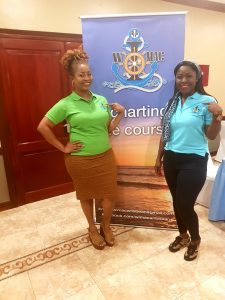
The welcome remarks included “promoting maritime sector across the region by increasing our network and improving by sharing of ideas”. Mr. Claudia Grant outgoing WiMAC President gave an overview of WiMAC’s goals, mission and vision to sustain the maritime sector. Ms. Helen Buni, IMO Technical Cooperation Division spoke about the inclusion of maritime education in the secondary schools within Belize and highlighting the launch of Women in Maritime logo. Hon. Tracy Taegar Panton encouraging and inspiring speech “continue to sustain the agitation of the systemic barriers” “access to training and development programs in this global industry as there is only 2% of women in the seafaring workforce” “how we go about achieving the end goal is just as important as the achievement itself”.
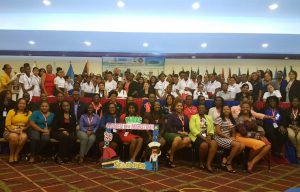
Plenary convened with a presentation by Ms. Diane Quarless, ECLAC sub regional headquarters for the Caribbean, entitled “An integrated agenda for the economic and professional empowerment of women in the Caribbean maritime sector”. Next, “Gender Equality” by Professor Opal Adisa, Gender and Development Studies, UWI and finally “Decent Work and Economic Growth, The ABC of women worker’s rights and gender equality- a case study for the maritime sector” by Ms. Claudia Coenjaert, ILO Decent Work Team and Office for the Caribbean.
Positioning for Professional Advancement Presentations were conducted by Sarita Mahabir-Lee -Maritime and Ocean Studies, UTT and Jennifer Nugent-Hill- Governmental and Community Affairs, Tropical Shipping. The work of IMO in the Caribbean Mr Colin Young – IMO Regional Maritime Adviser, IMO Women in Development Programme Ms. Helen Buni and Opportunities for Professional Development Dr. Momoko Kitada – World Maritime University.
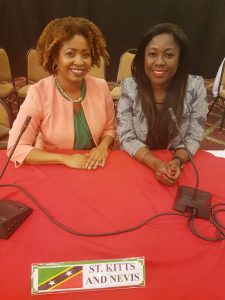
The mentorship model for WiMAC, Integrating a role for WiMAC for the advancement of the women on the Caribbean maritime sector, an integrating session for sharing, learning and networking. Country presentations by Liaisons to track the status of the implementation of the SDGs with special emphasis on SDGs 4, 5, 8, and 14. The concluding presentation was themed “Nurturing for Sustainability” – the discussions resolved around conservation and sustainable use of the oceans, seas and marine resources. The new Governing Council was also voted into office. The Belizean Port Authority hosted a field trip to Altun Ha Archaeological Reserve for the participants.
A St. Kitts and Nevis WiMAC Chapter is on the horizon to be launched, we hope we get the support of the community in this venture.
